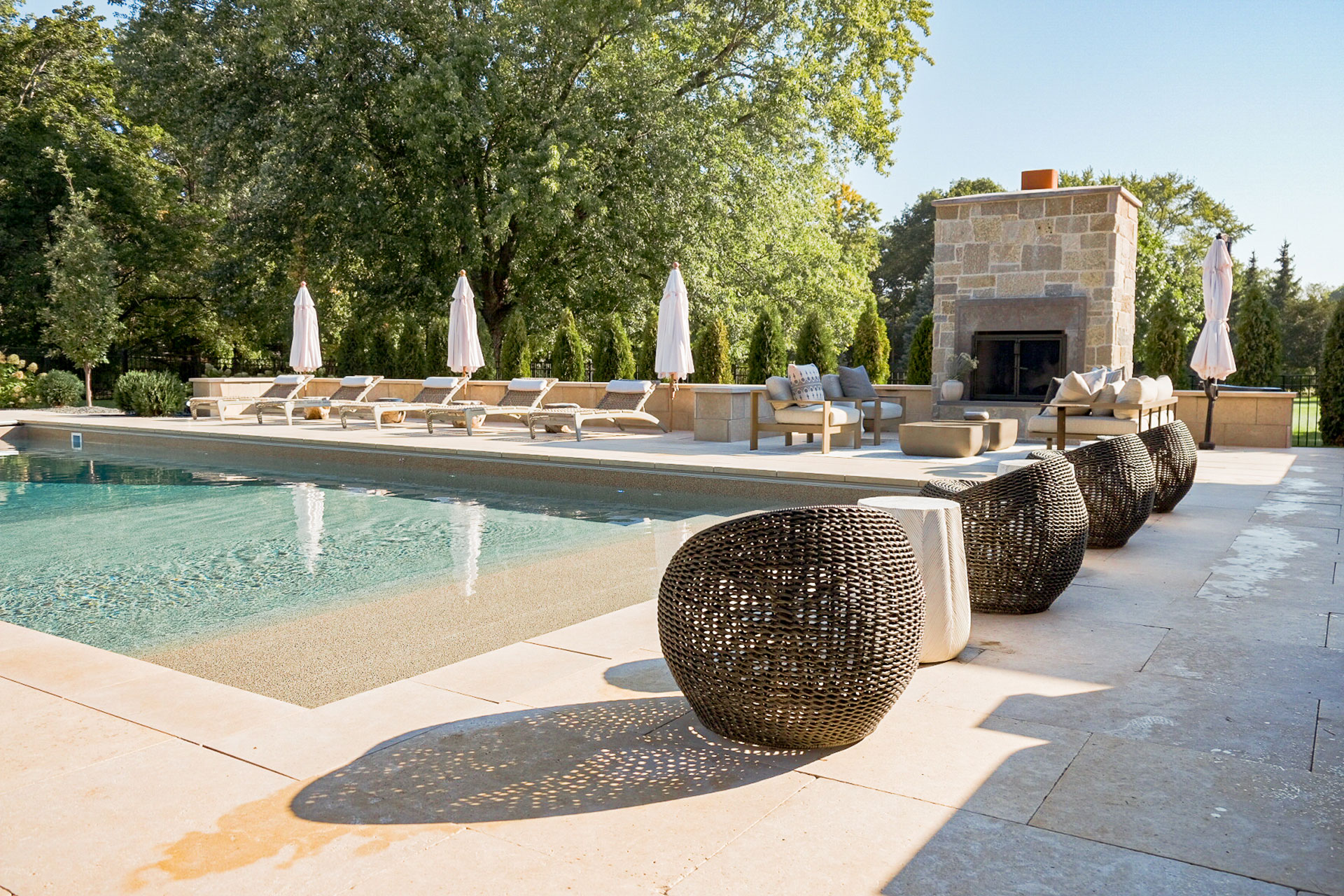Heating an above ground pool can dramatically extend your swimming season and enhance comfort. Many homeowners seek efficient and cost-effective methods to heat their pools. In this article, well explore various ways to achieve this goal so you can enjoy warm pool water throughout the season.

Why Heating Your Above Ground Pool Matters
Let’s start by understanding why it’s important to heat your above ground pool. A warm pool is not just about comfort. It’s about maximizing your investment and enhancing your swimming experience. Warm water can encourage regular pool use, provide therapeutic benefits, and even increase your home’s value.

Types of Pool Heaters
Electric Pool Heaters
Electric heaters are a popular choice due to their efficiency. They work by using electrical resistance to generate heat. These heaters are straightforward to install and maintain, providing consistent heating. However, they can be expensive to operate if used frequently.
Gas Pool Heaters
Gas heaters use natural gas or propane to heat the water. They are known for their rapid heating capabilities, making them perfect for pools that are not used at regular intervals. Although gas heaters can be more expensive initially, they offer quick and efficient heating solutions.
Solar Pool Heaters
Solar heaters use energy from the sun to heat your pool. This method is eco-friendly and can significantly reduce energy costs over time. They involve solar panels that absorb and transfer heat to the pool water. Solar heaters are a great long-term investment, though they require a sunny location to be effective.

Selecting the Right Heater for Your Pool
Choosing the right heater depends on factors like your budget, pool size, local climate, and how often you use the pool. Not every heater is suitable for every situation. For instance, a solar heater works best in sunny regions, while a gas heater might be ideal for quick heating in cooler climates.
Installation and Maintenance of Pool Heaters
Professional installation is recommended for most pool heaters to ensure they work efficiently and safely. Routine maintenance is crucial to extend the life of your heater and keep it operating at peak performance. This includes regular cleaning, inspecting for leaks, and checking electrical connections.
Alternative Pool Heating Methods
Heat Pumps
Heat pumps are highly efficient as they extract heat from the air and transfer it to the pool water. They can work well in moderate climates and are known for lower operating costs compared to electric and gas heaters.
Pool Covers
Using a pool cover can significantly reduce heat loss. Covers trap solar heat and prevent evaporation, keeping the water warm for longer. They are an affordable and simple solution that complements any heating system.
Windbreaks
Installing windbreaks around your pool area can help retain heat by reducing wind exposure. Wind can rapidly cool down water, so shield your pool with fences, shrubs, or walls to maintain temperature.
Cost Considerations
The cost of heating your above ground pool can vary widely based on the method chosen, your geographic location, and pool usage. Solar heaters have high upfront costs but low ongoing expenses, while gas heaters can have variable costs depending on fuel prices. It’s crucial to consider both initial and operational costs when making your decision.
Environmental Impact
When choosing a heating method, consider its environmental impact. Solar heating is the most eco-friendly option, while gas heaters have a larger carbon footprint. Electric heaters fall somewhere in between. Opting for environmentally friendly solutions can help reduce your pool’s impact on the planet.
Optimizing Energy Efficiency
To maximize energy efficiency, combine a heated system with a pool cover and windbreaks. Regular maintenance and timely upgrades can also enhance efficiency. Using timers and automation systems to control heating duration can prevent energy waste.
Therapeutic Benefits
Warm water offers numerous therapeutic benefits. Heated pools can help with relaxation, muscle recovery, and pain relief. They provide a comfortable environment for exercise and recreation, which can be particularly beneficial for those with certain health conditions.
Extending the Swimming Season
Heating your pool allows you to extend the swimming season beyond the summer months. By maintaining a comfortable water temperature, you can enjoy your pool well into the cooler seasons, providing more value from your pool investment.
Safety Measures
Always prioritize safety when using a pool heater. Secure the heater unit to prevent access by children or pets. Regularly inspect the system for potential hazards and ensure all users are aware of basic safety guidelines.
DIY vs. Professional Installation
While some pool heating systems can be installed DIY, professional installation ensures optimal performance and safety. Evaluate your technical skills and the complexity of the heater system before deciding on a DIY approach.
Conclusion
Heating an above ground pool is a fantastic way to enhance its usability and comfort. By understanding your options and choosing the right method, you can enjoy warm, delightful water all season long.
FAQ
1. How long does it take to heat an above ground pool?
The time required to heat an above ground pool depends on the heating method and initial water temperature. Gas heaters can heat the pool quickly, often within a few hours, while solar heaters may take a few days.
2. Are solar pool heaters effective in all climates?
Solar pool heaters are most effective in sunny climates. In regions with less sun, they may not provide sufficient heating, so you might need an alternative or supplementary heating method.
3. What is the most energy-efficient way to heat an above ground pool?
Solar heaters are generally the most energy-efficient, followed by heat pumps. Combining a heating system with a pool cover and windbreaks can further enhance energy efficiency.
As an Amazon Associate, I earn from qualifying purchases.

